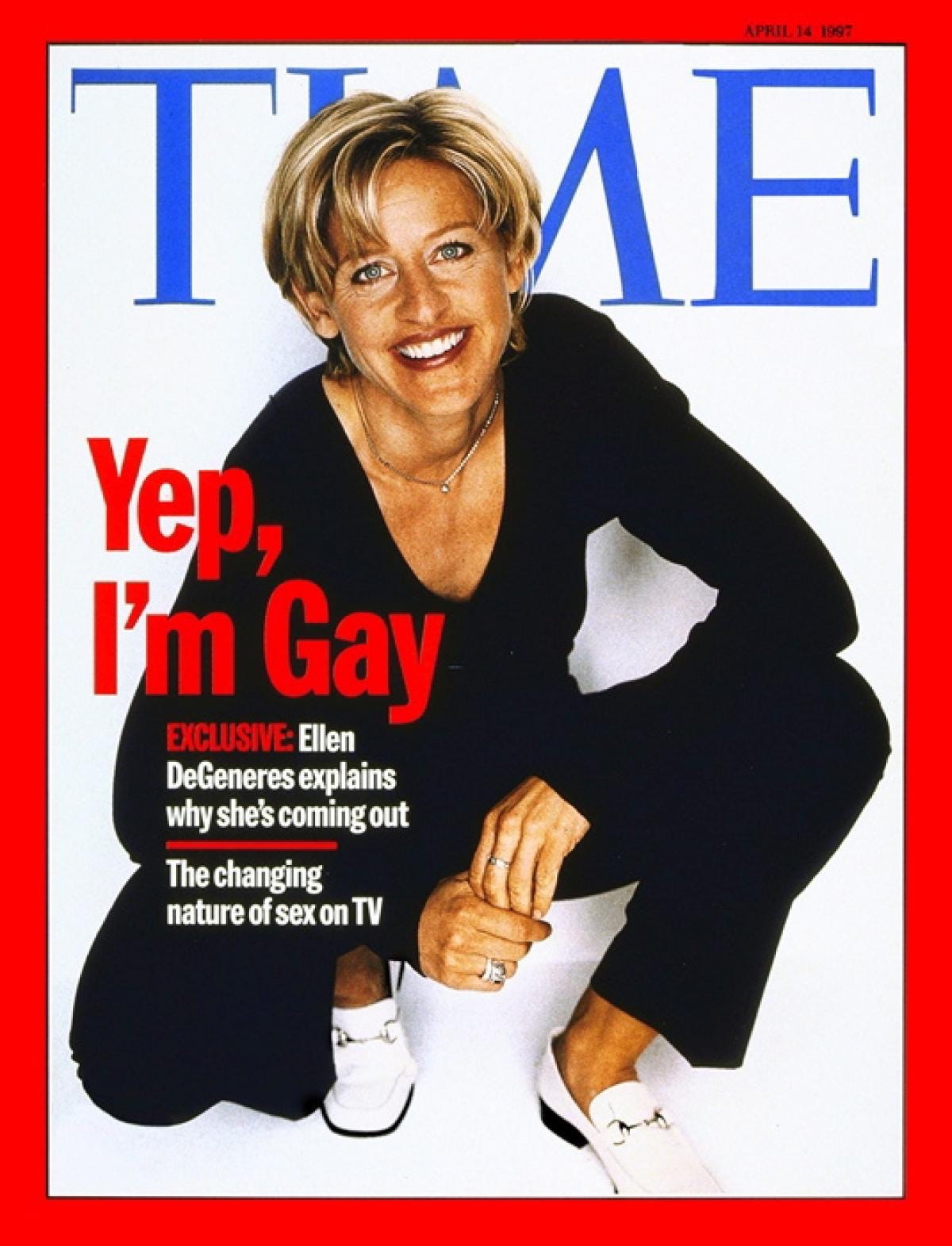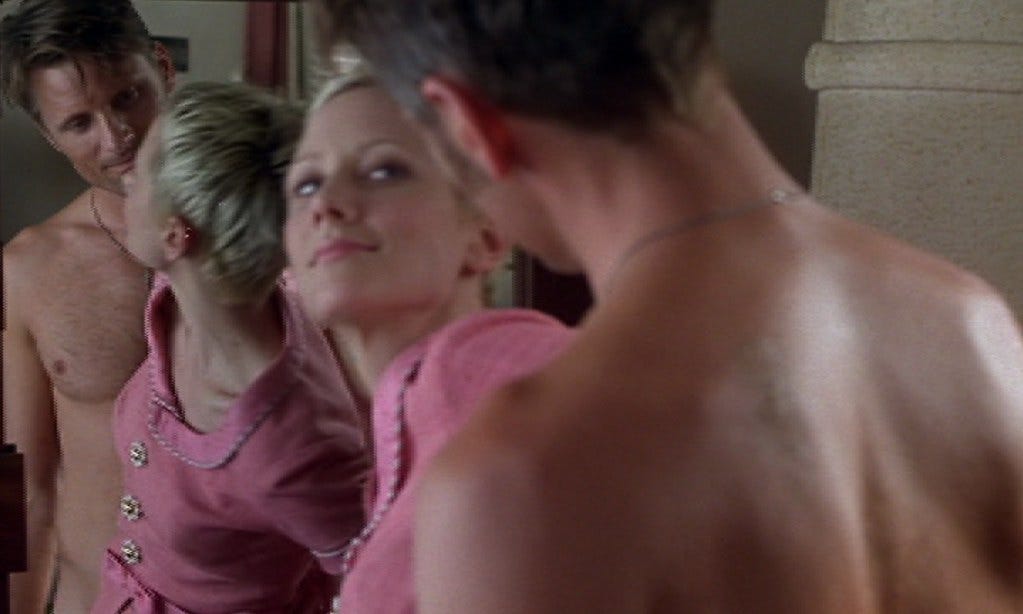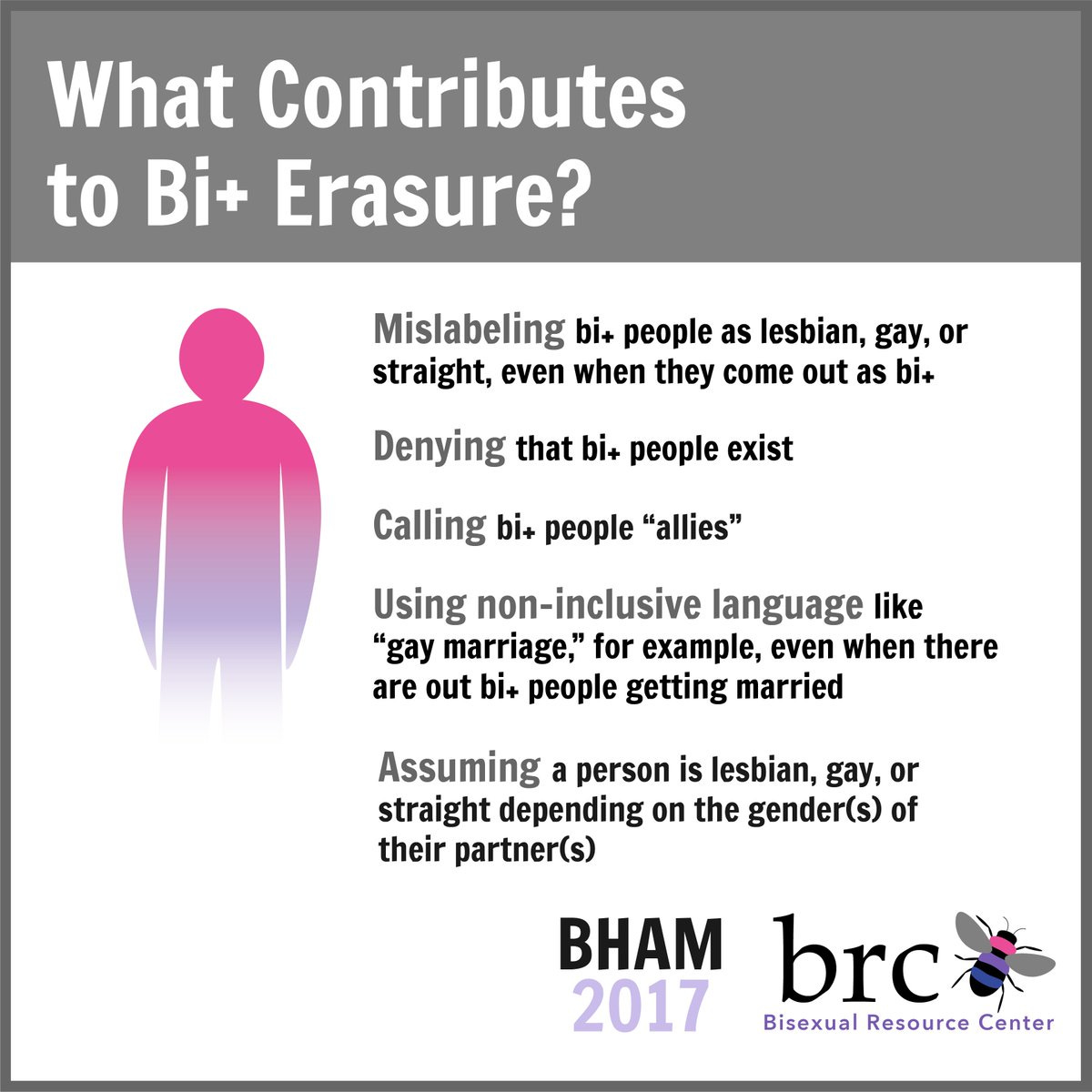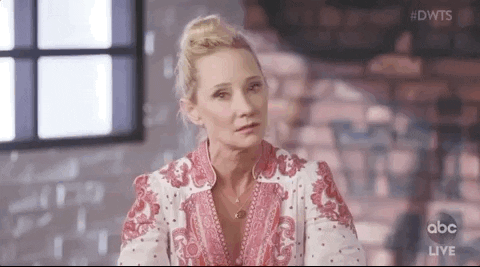Issue 4: We Failed Anne Heche
Anne Heche was pilloried throughout her career, but seeing her be attacked by the biggest LGBTQ+ publication in America hurt in a very different way.
They called her crazy, denied her sexuality, and tried to make an example of her, but Anne Heche persisted.
Content warning: This piece discusses queerphobia (particularly biphobia), child sexual assault, sexual abuse, and mental health issues.
When Anne Heche died, I found myself unexpectedly overcome with sadness. I hadn’t thought about the actress in a while, nor could I consider myself a huge fan of her work, but there was something about her I connected to. Maybe it’s just the magic of bisexuality. Mostly, I couldn’t help but think about how much we’d failed her. She seemed like the kind of celebrity who was long overdue a media-wide reconsideration of her life and career, a much-needed addition to the growing canon of women who deserved better than how we treated them. She seemed like a fighter, and in an industry of intense misogyny and queerphobia, that was unacceptable.
After she died, I thought a lot about her performances, but also about how important she was to so many LGBTQIA+ people. Coming out at the peak of her Hollywood career, and doing so on the arm of “the world’s most famous lesbian” was an act of intense bravery that she was widely pilloried for. That didn’t surprise me when I went back to look at stories from the time. What shocked me more was how her supposed allies in the queer press seemed to lead the charge against her. Even saying “shocked” doesn’t feel right because, deep in my heart, I knew the weary inevitability of this pattern. It still plays out to this day. Anne Heche, in many ways, was a canary in the coal mine.
The Advocate. "The agony and the ecstasy of Anne Heche." November 6, 2001. Anne Stockwell.
(Image via eBay - it was the only place I could find one. Sorry.)
The Advocate is one of the true powerhouses of queer media. Established in 1967, it is the oldest and largest LGBT publication in the United States and the only surviving one of its kind that was founded before the Stonewall riots. Its contributors are legendary, from Alison Bechdel to Tony Kushner to Calpernia Addams. By the '90s, the magazine was in something of a mainstream era. It stopped carrying sexually explicit ads, won a bunch of publishing awards, and saw circulation increase. People like Patrick Stewart and Tom Hanks were on the cover. As Hollywood icons played gay for Oscars and musicians like k.d. lang broke out, seemed primed to cover this era of contrasts. This was a time when advocacy for gay marriage in the USA reached new heights of visibility, but then Bill Clinton introduced the likes of the Defense of Marriage Act and Don't Ask Don't Tell. There were breakthrough queer storytellers on film like Cheryl Dunye, Todd Haynes, and Pedro Almodovar, all receiving far less attention than a trans panic joke in Ace Ventura. Then, in 1997, Ellen DeGeneres, a comedian and star of a decently popular network sitcom, came out, in real life and on her show.
Ellen’s coming out and the Time cover piece that announced it really deserves its own Gossip Reading Club issue because it’s too important and contains too much historical context for me to reduce to a paragraph here. But I bring it up because it’s crucial to remember how seismic Ellen’s coming out was at this time, and how it essentially ended her career. Right-wing homophobic groups attacked local networks until it refused to air her show, which was then cancelled in 1998. On top of that, DeGeneres would have to go on stuff like Oprah’s talk show and face barrages of hatred from the guests, who propped her up as The Lesbian and demanded she answer for all their bad-faith fears about queerness. We still do this today with LGBTQIA+ celebrities who just want to be themselves (hello, Dylan Mulvaney), but it was particularly aggressive in the late ‘90s. if you’re one of the tiny handful of famous gay people (and it was almost entirely gay men and women), you have to be the perfect spokesperson for your entire community, as dictated by cishet jerks.
So, when Heche turned up at the premiere of her latest movie with DeGeneres on her arm (something her team told her not to do, and the pair were then immediately escorted from the event once it was finished), the reactions were predictably loud and cruel. The relationship lasted three years, during which Heche worked pretty consistently but there was an evident slowing down of projects, especially mainstream studio titles. She eventually married Coleman "Coley" Laffoon, a cameraman whom she met when she hired him as part of the camera crew for a documentary she was directing on DeGeneres. The breakup of the lesbian power couple of the era made as many headlines as its beginnings.
True history.
A few months later, Heche suffered a mental breakdown and ended up stuck in the middle of Cantua Creek alone and half-naked for hours. When the Fresno County Sheriff's Department were contacted, it was assumed that Heche was under the influence, as she began speaking about being God and going to heaven in a spaceship. Again, the headlines were upsetting, a matter made all the worse when Heche released her memoirs, Call Me Crazy, the next year and offered a candid explanation of her struggles, past and present. She talked about her tough upbringing and experiences with child sexual abuse, as well as her mental break. This is what The Advocate’s interview with Heche was intended to promote, but you get the sense that the interviewer was more interested in publicly berating Heche for not being the “perfect” gay person.
The interviewer sets up Heche as a tall poppy, the one who "jumped into our lives as well, and she made twice the noise on our behalf that most gay women would have." This is immediately knocked down with the insistence that "many gays and lesbians feel that Anne is now trashing all she told us she believed." What Anne Stockwell is referring to is not Heche leaving DeGeneres for a man, but for her memoir's detailing of how she was raped by her father, a closeted gay man. I must admit that my jaw hit the floor when I read this line. How could anyone blame a victim of child sexual assault for their own pain in this manner? There is a depressingly prevalent lie that gay men are more likely to abuse children than straight men, which has been debunked countless times but remains a favoured line of attack from anti-LGBTQIA+ groups. To see it echoed like this by a queer publication really hurts.
It doesn’t end there. She starts the piece by insisting to Heche that "we're not here to give offense", but that doesn't feel especially true when Stockwell asks super disingenuous questions like “but why would a gay man rape a girl”. Because abuse is about power, Anne?! Stockwell doubles and triples down on this point, attempting to coax Heche into drawing a direct connection between her father’s sexuality and his abuse of children. This includes her seeming cynicism at Heche’s evidence of her experience and her describing child abuse as “having sex with your father.” It’s hard to read Stockwell’s accusatory questioning or wording as anything other than an attempt to hurt and discredit Heche. Things have certainly changed since 2001 in terms of how we discuss these issues, but that doesn’t make it excusable.
DeGeneres is, expectedly, a major talking point in this interview. Stockwell claims that Heche "pushed Ellen further into activism than she might ever have gone alone" and called the pair "brave [...] to the point of recklessness." I’m actually not sure what she means by “reckless” here because it’s not as though DeGeneres and Heche were provocateurs in their approach to being public figures. Ellen was a cozy comic who Johnny Carson loved. Heche made some edgy films but was not really known for them at the time, at least not to the wider public. Is Somerton talking about the very act of them being out? Was the reckless part when Ellen’s sexuality led to homophobic backlash and the cancellation of her sitcom? It’s a confusing angle and I’m not sure where to go with this. Stockwell ultimately says it was a good thing that this “recklessness” pushed lesbian visibility forward and made it tough for the entertainment world to roll it back. Still, as part of the wider agenda of the interviewer, it feels like another weird dig at a woman who just wanted to live her life.
Anne Heche is great in the Gus Van Sant remake of Psycho, which is also a good film. Hot take.
In the ‘90s, there was a real push by many LGBTQ+ figures (mostly cisgender white gay men, it must be said) to out prominent celebrities and politicians as an act of public service. Former OutWeek editor Gabriel Rotello called outing "equalizing” while Richard Mohr, author of Gay Ideas: Outing and Other Controversies, declared it to be “both permissible and an expected consequence of living morally.” Over at the Village Voice, long-time columnist Michael Musto took credit for outing both DeGeneres and Rosie O'Donnell since he berated them so publicly for years on the issue. The Advocate certainly agreed on some level as it outed men like Pete Williams, assistant secretary to the Department of Defence under Dick Cheney. Activist Michelangelo Signorile, a huge proponent of outing who said there was "no right to the closet", did the deed because he felt it showed the Pentagon’s hypocrisy on the issue of gays in the military. The stakes were high and many felt it was dutiful to out. Anne Heche was not outed but I do think the atmosphere of this time and the very pointed attitudes of publications like The Advocate created this notion of Heche’s sexuality being both public property and a commitment to activism, whether she agreed or not. So, her “going back in the closet” by marrying a man (because bisexuality never comes up as a possibility during any of these conversations, including this profile) was an act of war in their eyes. It justified the intense cruelty of queer and straight people alike.
The way this cruelty mostly takes shape in this profile is through some hardcore biphobia. When Heche talks about embracing her true self while dating a woman, Stockwell responds, "You know that some of our readers feel it's very important to the way they're perceived that they didn't make a choice. They've been this way since they were born." The implication here is that Heche's experiences are inauthentic since she wasn't "gay from birth." She later asks, "Have heterosexual people said to you, "I'm glad we got you back"?" Heche, to her credit, is very smart in responding to this kind of bait. She’s funny, self-aware, and much more nuanced than Stockwell’s interrogation deserves. She’s the kind of woman who repeatedly says “golly.” Stockwell gets especially nasty by claiming, "If the gay community had hoped for one gesture from you now, it might have been that you wouldn't marry while gay people still can't." That’s one hell of a blackmail-esque angle, right? Again, the word “bisexual” is never mentioned in this profile. Not even once. You’re either gay or straight, even when, like Heche, you reject labels altogether.
Eventually, however, Heche does draw her line in the sand. When the topic falls to her then-husband, documentary maker Coley Laffoon, you can sense the shift in Heche's patience. Stockwell asks if Laffoon had "a same-sex connection for him in the past that would help him be so open" to Heche's experiences. When she deflects that, Stockwell keeps going, and eventually Heche decides she's done with the interview.
“I’m finished with this conversation. This is ridiculous. You have got to be kidding me, after everything I have given you, you are now asking me about my husband’s sexuality?. That is flooring to me. I [give you] everything in my honesty, and now you are asking me about my husband’s sexuality. Wow. Wow!”
Photo by Alan Light via Flickr (Creative Commons)
Stockwell claims "there's no intention to offend you or Coley" but immediately follows that up with the snide line of "But you've said yourself, many times, there's no shame in being gay." Again, Stockwell seems weirdly determined to make Heche's queerness seem redundant or an outright lie. She doesn't seem to see a problem with demanding a person offer details of their spouse's sex life up for print. In an era of heavy media outing, was this just par for the course for Stockwell and The Advocate?
We continue to see how intense biphobia can hurt marginalized folks and how often its power is denied, even by those within the community. A 2018 report from the LGBT Foundation in the UK noted that "more than 1 in 10 bisexual women (10.8%) experienced abuse at the hands of a partner in the last year, compared to 6% of heterosexual women." Bi people are often seen as the "invisible minority" due to heavy objectification and dehumanizing of us, and a lack of funding into issues pertaining to bi/pan/queer people. Transphobia has become a horribly prominent part of modern culture, especially here on TERF Island, and an under-discussed side-effect of that is a seething hatred towards bi and pan people from the likes of Julie Bindel. Bisexual celebrities, particularly bi women, face a notoriously potent kind of public scorn, one weaponized to dismiss their pain as untrue because of the “bisexuals are scheming liars” cliché. Look at women like Amber Heard, Angelina Jolie, Evan Rachel Wood, and Megan thee Stallion: all openly bisexual, all victims of abuse, and all accused of lying about it.
Image via Human Rights Campaign.
For Heche, falling in love with a woman was just a thing that happened, made her happy, and eventually ended as many relationships do. She never explicitly called herself queer or bisexual, preferring not to use any labels, but she never derided her queer experiences or express regret over them. She remained unapologetic, and not just about her love life. So, of course she was labelled as crazy, unreliable, and okay to mock. But wow, you truly get the sense that the world seemed eager to fail her in every sense. Hollywood wanted to ditch her because they didn’t believe audiences would buy her in romantic roles opposite men. The press made her the punching bag of the moment, whether it was for her sexuality or mental health. Even her supposed allies in The Advocate decided to cut her loose when she didn’t meet their definition of acceptability.
Even in death, she wasn’t able to receive the dignity she merited, as crappy ex-boyfriend Thomas Jane sued her estate for cash and conspiracy theorists tried to shoehorn Qanon crap into her narrative. The Oscars infamously left her out of their In Memoriam segment, leaving her and many other beloved industry figures as also-rans you could scan a QR code to check out later. The Advocate wrote a pretty impersonal obituary on Heche as part of a list of 21 LGTBTQ+ notables who died in 2022. I got the sense that Hollywood wanted to sweep her under the rug, because to pay too much attention to how she was treated might have inspired them to feel a modicum of guilt.
There’s still a long way to go, especially in empathy and understanding towards bi and pan people, but it is true that wider LGBTQIA+ discourse and how we talk about those who do not fit the still-rigid binary has markedly improved. We don’t have much patience for outing these days, and those who bad-faith trolls demand reveal their alphabet to the world are quickly called out. When Rebel Wilson’s relationship with her girlfriend was outed by an Australian tabloid, they were rapidly shamed into an apology. Kit Connor from Heartstopper faced similar pressure to come out as bi from some fans who super missed the point of the show, and they were basically ordered to walk into the sea. Anne Heche helped to make things a little easier for those who followed, but it’s shameful that she was routinely denied empathy and understanding from the same people who put her on that pedestal in the first place.
Our community is large, ever-growing, and at its best when it doesn’t adhere to cishet patriarchal bullsh*t. it’s a big tent and the doors should be open to as many people as possible. Anne Heche should always have been made to feel welcome. Sorry we failed you.
Image via ABC // Giphy.
If you’re interested in learning more about Heche and how the press failed her, check out Princess Weekes’ excellent video essay on the topic, which was a big inspiration in getting me to finally tackle this Advocate profile. Her analysis of “when community doesn’t show up” made me literally sob. For some further context, I recommend Matt Baume’s video essay on DeGeneres and her coming out is crucial. Go and support some amazing queer critics who aren’t massive sh*tting plagiarists. Ahem.
Thanks so much for reading the latest issue of the Gossip Reading Club. You can find my work littered across the internet. Over on Pajiba, I talked about Michael Buble’s hilariously no-homo cover of “Santa Baby”, and threw down the gauntlet of Pajiba 10’s annual hot smart celebrities vote in favour of Raul Esparza and Franz Rogowski. I reviewed the final episodes of The Crown for The Wrap (woof) and I wrote a tribute to the late great Andre Braugher. On Crooked Marquee, I talked about an underseen film I love, Alan Rudolph’s The Moderns.
The first edition of Reading Hollywood, the Gossip Reading Club’s official book club, was free to all, but all future editions will be for paid subscribers only. Our next book will be Watch Me by Anjelica Huston! Paid gossipers also get This Week in Gossip, a weekly update on major gossip and celebrity stories with my analysis of what’s going on. In the future, we’ll also have deep dives into this coming awards season, so stay tuned for that!
If you don’t want to pay for a subscription but would still like to support me, I have a Ko-Fi account!
Have a very merry Christmas and all the best for 2024!











This was both eye-opening and heartbreaking. I completely missed this situation when it was actually happening, but the way she was so horribly treated by The Advocate is shocking. It feels so gross, all of it, but especially the way they discussed her abuse at the hands of her father. Devastating.